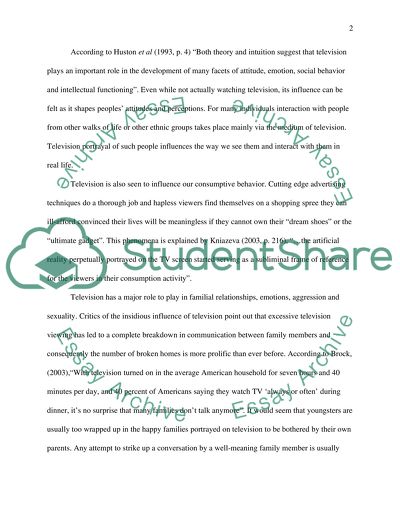Cite this document
(“Understanding the Statement - Even When We Are Not Watching Essay”, n.d.)
Understanding the Statement - Even When We Are Not Watching Essay. Retrieved from https://studentshare.org/media/1516167-media-essay
Understanding the Statement - Even When We Are Not Watching Essay. Retrieved from https://studentshare.org/media/1516167-media-essay
(Understanding the Statement - Even When We Are Not Watching Essay)
Understanding the Statement - Even When We Are Not Watching Essay. https://studentshare.org/media/1516167-media-essay.
Understanding the Statement - Even When We Are Not Watching Essay. https://studentshare.org/media/1516167-media-essay.
“Understanding the Statement - Even When We Are Not Watching Essay”, n.d. https://studentshare.org/media/1516167-media-essay.


